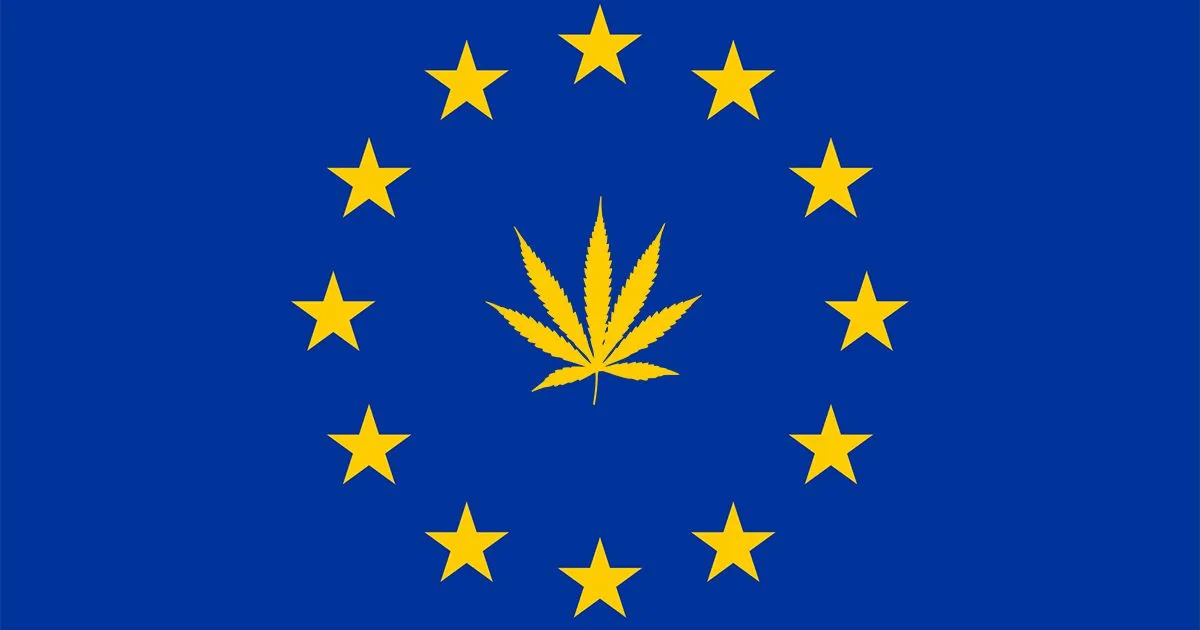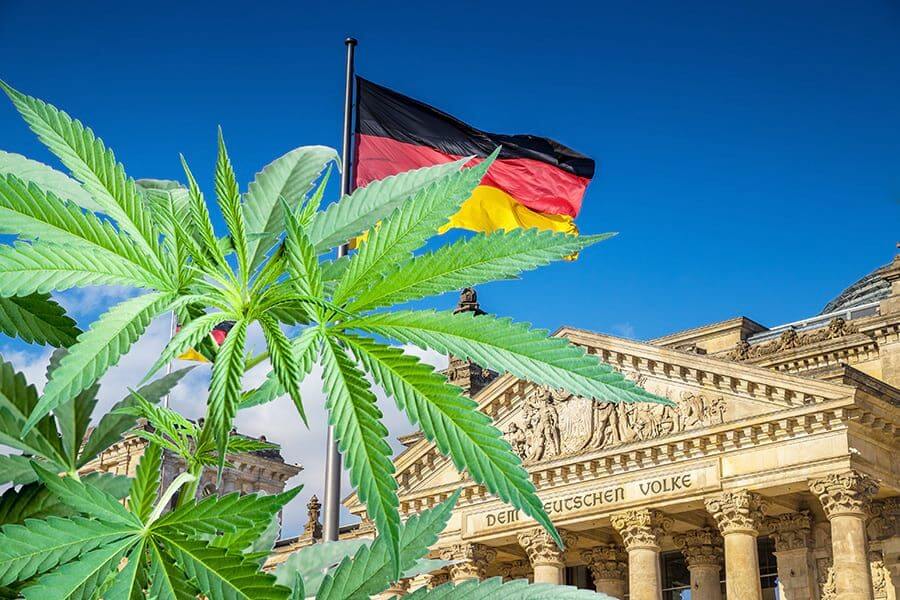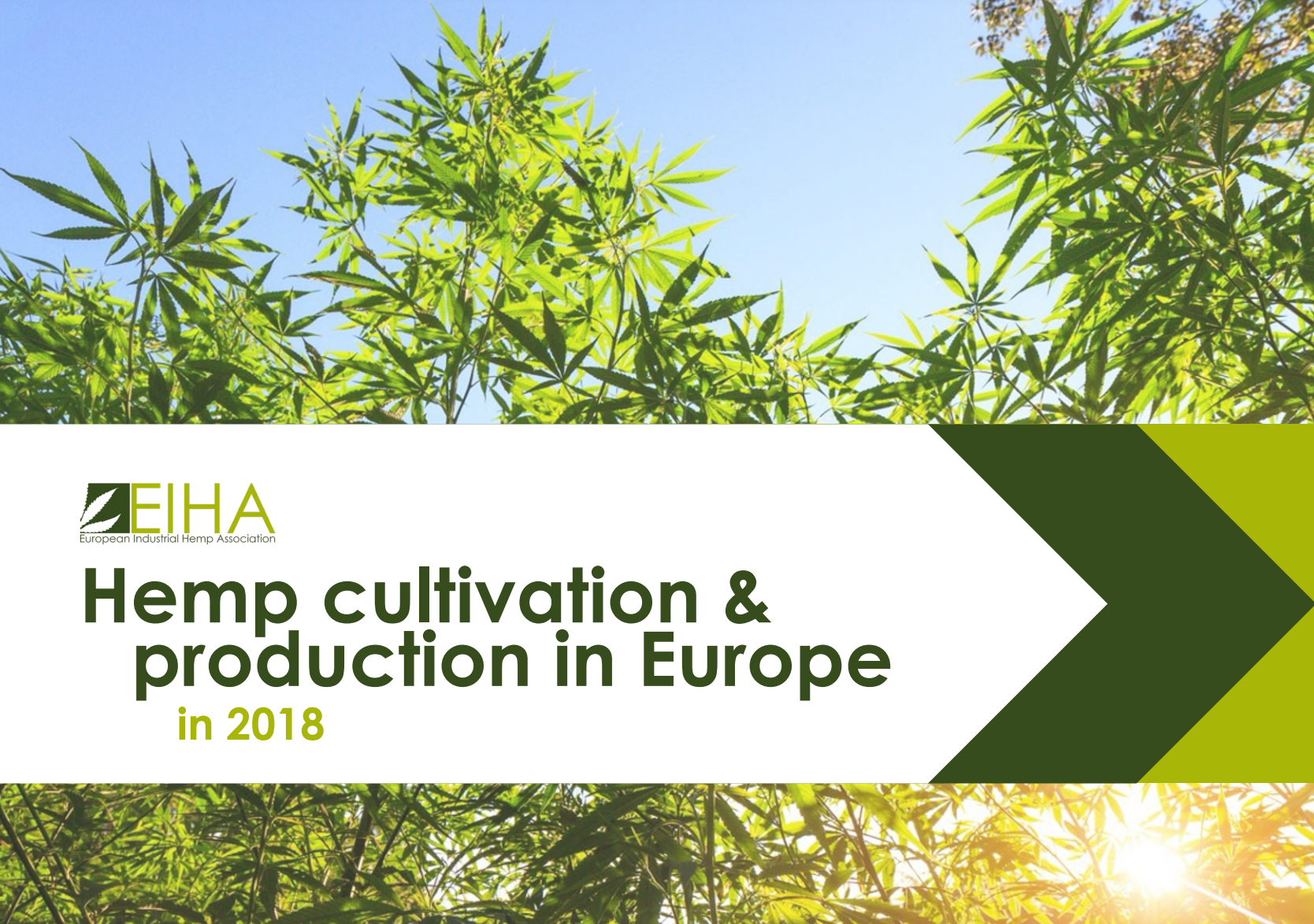
Germany’s Cannabis Legalization: A Domino Effect for Europe?
Germany’s recent legalization of cannabis for adult recreational use has sent shockwaves through Europe, reigniting the debate on drug policy reform across the continent. This decision puts pressure on other European nations to re-evaluate their own cannabis laws, for several reasons:
Economic Disparity and the “Green Rush”:
- Unfair Advantage: With a legal cannabis market, Germany positions itself to reap significant tax revenue and create new jobs in cultivation, processing, and retail sectors. This could create an unfair economic advantage over neighboring countries where cannabis remains illegal.
- The Tourist Factor: Legal cannabis in Germany might attract tourists seeking cannabis experiences, potentially harming tourism industries in countries with stricter laws.
Beyond Economics: Public Health and Safety:
- Zero Cannabis Deaths: Proponents of legalization argue that criminalization has failed to curb cannabis use. They point out the absence of documented deaths directly attributable to cannabis use, unlike alcohol or tobacco.
- Stress Relief and Medical Benefits: Cannabis legalization acknowledges the potential benefits of the plant for stress relief, pain management, and other medical conditions. This aligns with a growing public sentiment towards exploring alternative therapies.
Decriminalization vs. Legalization:
- A Stepping Stone: Germany’s move might encourage other European nations to consider decriminalization as a first step. Decriminalization removes criminal penalties for possession and use, focusing on regulation and public health initiatives.
The Hemp Opportunity:
- Industrial Powerhouse: The legalization of cannabis also shines a light on the vast potential of industrial hemp, a close relative of marijuana. Hemp cultivation can create new agricultural opportunities and promote sustainable practices in various industries.
A Look Towards the Future:
The future of cannabis legalization in Europe hinges on a few key factors:
- Monitoring the German Experiment: Other European nations will likely closely monitor the social and economic impacts of legalization in Germany before making policy changes.
- Standardization and Regulation: If a domino effect occurs, Europe will need to establish standardized regulations for cannabis production, distribution, and consumption across borders.
- Public Education: Public education campaigns will be crucial to dispel myths about cannabis and promote responsible use among adults.
Germany’s bold move has undoubtedly reignited the cannabis debate in Europe. While the full impact remains to be seen, one thing is certain: the conversation around responsible cannabis regulation has reached a tipping point.







